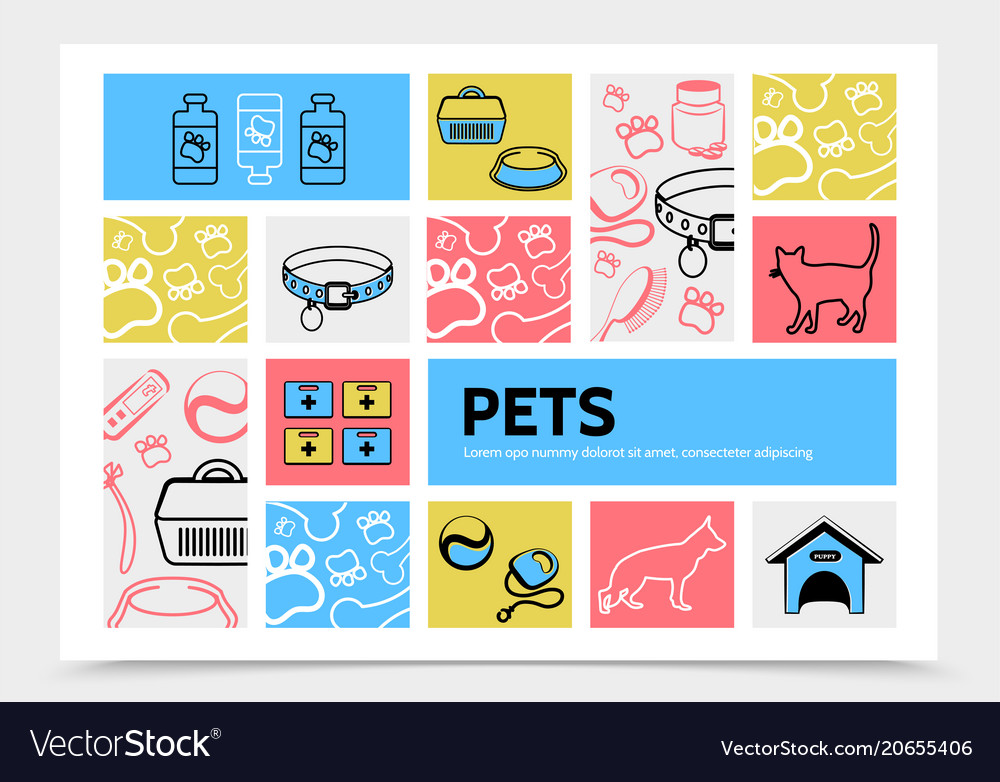Dog Daycare For Reactive Dogs
Dog Daycare For Reactive Dogs
Blog Article
Can Dog Daycare Reason Ailment?
Possibilities are that if your canine is routinely exposed to various other canines, even if they're effectively vaccinated, they may return with some type of disease. Inoculations, routine veterinary appointments, and good health methods can decrease danger variables for infection and illness.
Worried or nervous pet dogs can create stomach troubles and various other health and wellness problems that are quickly spread out in between pet dogs. Developing age limitations and behavioral guidelines can help guarantee that only healthy pets enter your center.
Distemper
Canine distemper is a significant and usually deadly infection that strikes a pet dog's breathing, digestion, skin and immune systems. Young puppies are especially susceptible and can contract the disease via straight contact with an infected animal or through the air-borne transmission of infection bits discharged throughout coughing, sneezing or taking a breath.
The incubation duration for canine distemper is between 3 and 7 days. While puppies at day care might appear to capture parvo from one more infected dog, it's unlikely since the incubation duration is so brief.
While there is no remedy for canine distemper, helpful care can help dogs recoup. This consists of liquids, prescription antibiotics and medicines to control seizures. The Drake Center for Vet Treatment notes that signs and symptoms include runny eyes and nose, diarrhea, throwing up, anorexia nervosa and neurological issues such as twitching and tremors. Puppies require a complete vaccination collection and annual boosters to secure them against this condition, which is why reputable pet day care centers call for updated vaccinations.
Kennel Coughing
Kennel Coughing (Canine Transmittable Tracheobronchitis) is a very infectious top respiratory system condition caused by microorganisms and infections. It spreads via air-borne droplets from a coughing or sneeze, direct contact, and sharing of infected things such as toys or water bowls. It is endemic in position where numerous dogs are housed close together, such as kennels, pet parks, brushing salons and programs. A number of vaccines are readily available to secure against the virus that cause kennel cough, and correct hygiene practices can aid avoid infection.
The classic signs and symptom is a dry, hacking cough comparable to that of a goose honk, and most pets recuperate with little treatment. Nevertheless, severe instances can result in pneumonia, and pups or pet dogs with pre-existing illness go to higher threat for issues. To speed up recuperation, use a harness as opposed to a collar while your canine is recovering to prevent irritation to the windpipe. A humidifier may additionally assist to moisten the air and stop dry coughing.
Parvovirus
Parvovirus (CPV) is a significant disease in pets. It is similar to feline panleukopenia (feline distemper), yet it's a lot more deadly and can spread out quickly amongst canines as a result of its incredibly resistant nature.
This virus assaults the dog boarding schools near me intestinal lining of a dog, ruining it and creating germs to dismiss into the blood stream. The weakened body immune system and frustrating germs bring about septic shock, which is typically deadly.
Fortunately, veterinary health centers provide reliable treatment for parvovirus. These medicines are offered directly right into a patient's blood stream and targeted in the direction of the particular pressure of parvovirus. This treatment technique is extremely efficient and aids retrain the body immune system to fight off the infection. Pet dogs with extreme signs are usually hospitalized for several days for tracking and extensive care to guarantee their survival. Puppies, unvaccinated canines and pet dogs with weak body immune systems are especially at risk to parvovirus. This is especially real for pups born to roaming mommies and shelter atmospheres, where they are revealed to numerous various other unwell and vulnerable pet dogs.
Pooch Influenza
Dog flu (CIV) is a contagious breathing condition that can be caused by canines sharing infected surface areas or direct contact with breathing secretions. CIV spreads quickly in settings where there are high varieties of dogs, such as canine parks, day cares, brushing facilities and veterinary facilities.
Contaminated dogs dropped the virus via aerosol respiratory system droplets when coughing or sneezing, and may pollute things they enter into contact with like cages, toys, food bowls, leashes and the hands and clothes of people that manage them. Pets can additionally be "silent carriers" spreading out the infection without showing any type of signs themselves.
Signs and symptoms of canine influenza include nasal and eye discharge, cough, high temperature, anorexia nervosa, and weak point. The infection can progress to pneumonia, which can be fatal in some canines. PCR viral screening is readily available for confirmation of infection. Preferably, samples (usually deep nasal or pharyngeal swabs) for PCR testing ought to be accumulated within 4 days of the start of clinical indications.